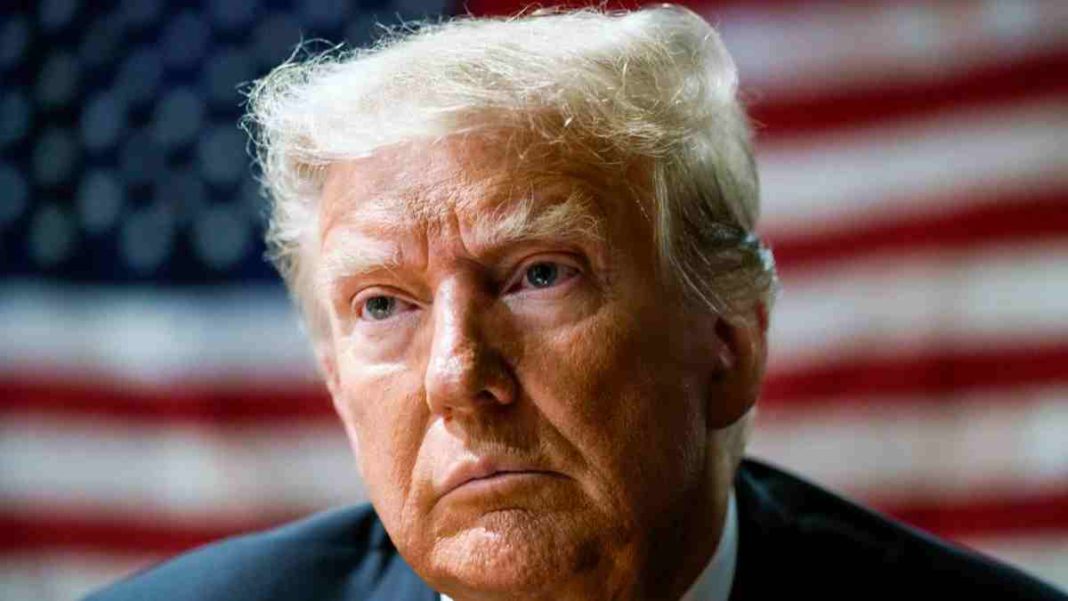UNITED STATES: The recent indictment of former President Donald Trump and 18 associates by Georgia’s Fulton County District Attorney, Fani Willis, presents a complex legal scenario as they face charges related to an alleged conspiracy following the 2020 election.
One strategy being employed is the potential use of Georgia’s state law against racketeering, known as RICO, which could bring both benefits and challenges to the case.
The RICO law in the state, designed to combat racketeer-influenced and corrupt organizations, is being applied to individuals who are linked by their alleged involvement in criminal activities.
Originally intended to target organized crime figures, RICO charges are increasingly used against loosely connected groups of individuals.
However, this broad approach can lead to complications, warns former federal prosecutor Harry Sandick.
Trump has characterized the indictment as a politically motivated “witch hunt,” accusing Democrat Willis of obstructing his potential 2024 presidential comeback.
Special Counsel Jack Smith has charged Trump with conspiracy to defraud the United States by impeding Congress from certifying Biden’s election victory.
The indictment includes four other defendants and references six unnamed co-conspirators.
The trial for Willis, overseen by Smith, faces inherent challenges due to the considerable number of defendants involved. Although the trial’s scheduled start is January 2, delays are expected due to the pre-trial complexities arising from the extensive defendant pool.
Jerry Froelich, a former prosecutor and criminal defense attorney, notes that RICO trials tend to be more time-intensive due to their multifaceted nature. Nevertheless, the prosecution could also stand to benefit from these dynamics.
RICO cases often involve individuals with loosely connected relationships, making it possible for the prosecution to encourage them to cooperate by providing information. The wide net cast by such cases can exert pressure on individuals to collaborate and reach agreements.
Prosecutors can bring charges based on alleged “overt acts,” which may not be criminal on their own but contribute to a broader conspiracy.
Willis’ 98-page indictment emphasizes these overt acts, alleging that the defendants willfully conspired to manipulate the election outcome in Trump’s favor.
Former federal prosecutor Jeffrey Cohen points out that proving participation in an illegitimate election-altering scheme will be a challenge for prosecutors.
Georgia’s RICO Act is more comprehensive than its federal counterpart, and it has been invoked in atypical scenarios.
Trump’s unique circumstances may provide his legal team with opportunities to counter accusations of gang membership for him and his associates.
However, the trial’s inherent risks are substantial, and the possibility of probation remains a consideration given the potential five-year sentence.
Also Read: Hillary Clinton Expresses ‘Profound Sadness’ over Trump’s Multiple Indictments



